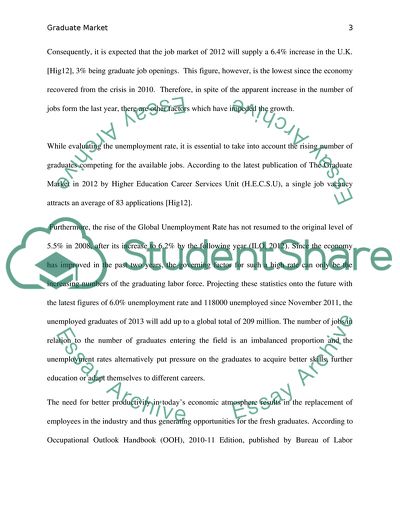Cite this document
(The State of the Graduate Market and Prediction for the Future Term Paper, n.d.)
The State of the Graduate Market and Prediction for the Future Term Paper. Retrieved from https://studentshare.org/human-resources/1591499-write-a-report-discussing-the-state-of-the-graduate-market-now-and-what-prediction-for-the-future-when-you-graduate
The State of the Graduate Market and Prediction for the Future Term Paper. Retrieved from https://studentshare.org/human-resources/1591499-write-a-report-discussing-the-state-of-the-graduate-market-now-and-what-prediction-for-the-future-when-you-graduate
(The State of the Graduate Market and Prediction for the Future Term Paper)
The State of the Graduate Market and Prediction for the Future Term Paper. https://studentshare.org/human-resources/1591499-write-a-report-discussing-the-state-of-the-graduate-market-now-and-what-prediction-for-the-future-when-you-graduate.
The State of the Graduate Market and Prediction for the Future Term Paper. https://studentshare.org/human-resources/1591499-write-a-report-discussing-the-state-of-the-graduate-market-now-and-what-prediction-for-the-future-when-you-graduate.
“The State of the Graduate Market and Prediction for the Future Term Paper”, n.d. https://studentshare.org/human-resources/1591499-write-a-report-discussing-the-state-of-the-graduate-market-now-and-what-prediction-for-the-future-when-you-graduate.


